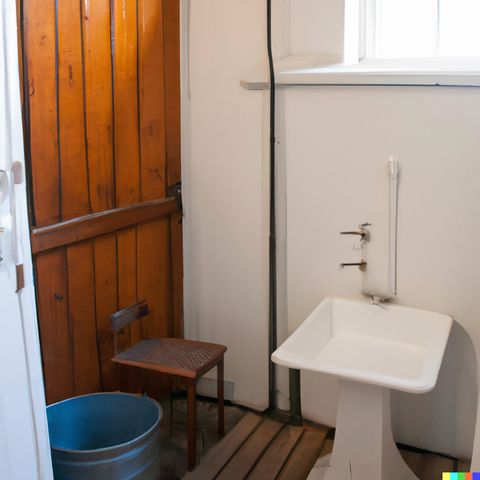The Evolution of Bathroom Hardware: From Functionality to Design
Bathroom hardware has come a long way from simply being basic fixtures to being a key element in interior design. From the most functional components like toilets, sinks, and showers to smaller elements such as cabinet knobs, towel bars, and toilet paper holders, every item plays a significant role in both the design and functionality of a bathroom. Over the years, bathroom hardware has undergone several transformations, and we can now see a vast variety of styles, materials, and finishes in the market.
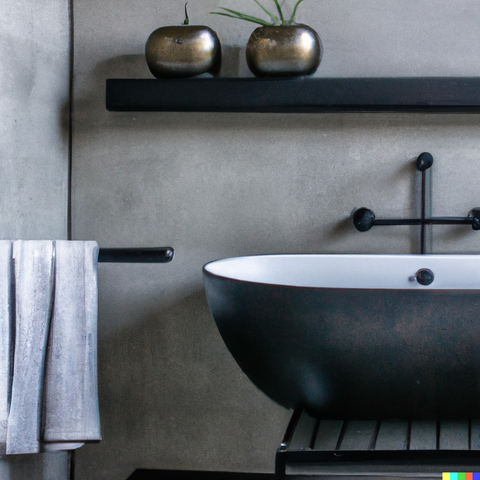
The Early Years: Functionality Over Design
In the early years, bathroom hardware was not much of a concern. Bathrooms were purely functional rooms designed for necessary daily routines and hygiene. Most homes had a single bathroom consisting of a toilet, a sink, and a simple bathtub. The designs were plain and practical, with functionality reigning over design.
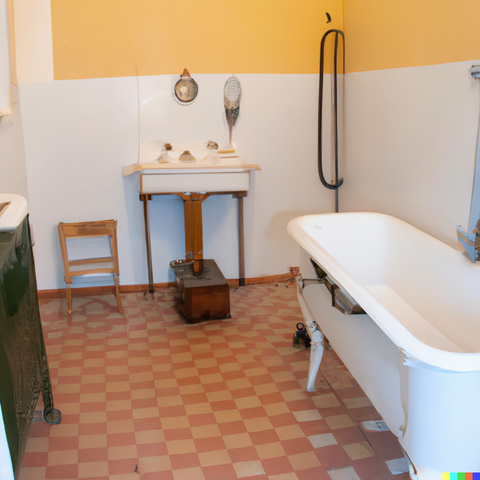
The Mid-Twentieth Century: Expansion of Styles
From the mid-twentieth century, bathroom hardware witnessed a significant transformation. It was no longer about pure functionality, but new designs and styles began to emerge. The design of the bathroom hardware became an essential aspect of the overall design of the bathroom. The focus shifted from the basic necessities of a bathroom to the aesthetics of the space.
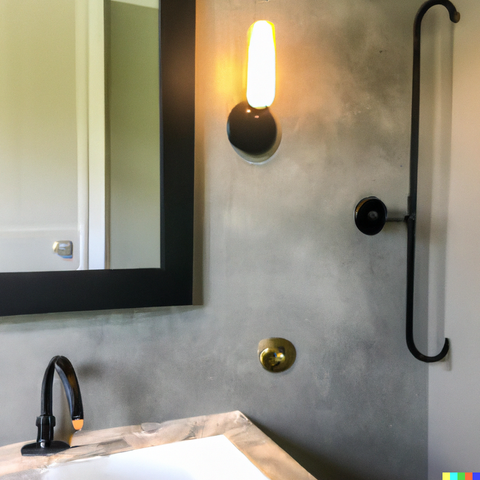
The 21st Century: High-Tech and Modern Finishes
Today, bathroom hardware has undergone a complete revolution in both design and functionality. Advances in technology have paved the way for modern, sleek, and high-tech fixtures like smart toilets and digital showers. Designers and manufacturers are now producing an extensive range of bathroom hardware that feature clean lines, unique shapes, and different finishes, such as matte black, antique brass, and stainless steel.
The evolution of bathroom hardware has not only changed the functionality of the bathroom but also the way users interact with it. Today, people are more concerned about the design, comfort, and the overall experience of their bathrooms. For manufacturers, the trend is towards creating products that balance form and function.
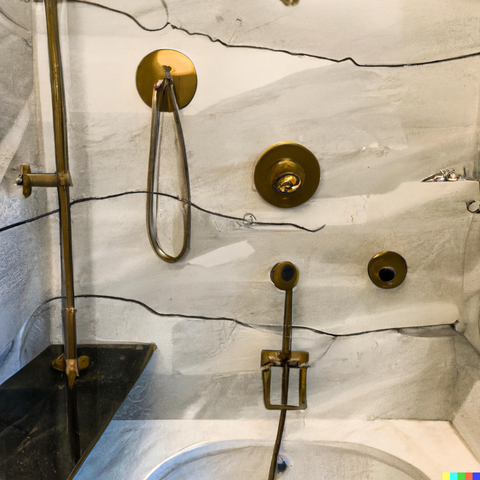
Bathroom hardware has evolved significantly over the years, and the trend is set to continue as technology advances. Designers and manufacturers are taking the aesthetic appeal of these products seriously, and the fixtures are becoming critical elements in defining the style of a bathroom. As more designs emerge, consumers can look forward to an even greater variety of bathroom hardware that is both functional and visually appealing.
